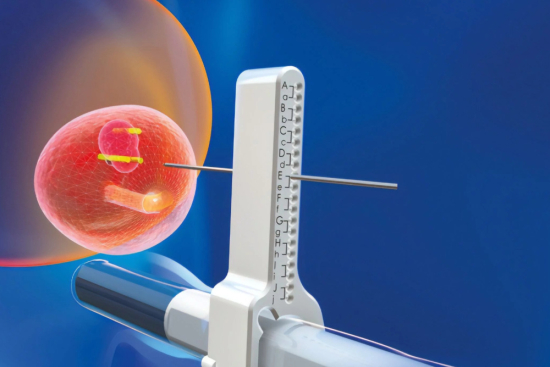A prostate biopsy is an invasive diagnostic procedure in which fragments of prostate tissue are removed using a fine needle. These samples are then analysed in histopathology to provide an accurate histological diagnosis and determine the benign or malignant nature of the lesions.
Prostate biopsy: Costs in Turkey
Choose to have your prostate biopsy in Turkey and benefit from comprehensive, customized care with no surprises.
The cost of a prostate biopsy in Turkey varies between 300 and 4000 Dollars, depending on each patient's needs.
We will provide you with a free, personalized quote tailored to your specific needs. Before making your decision, take advantage of a free teleconsultation with our experts to discuss your case and answer any questions you may have.
Choose Turkey's world-renowned medical excellence while enjoying attractive rates and an organized medical stay.









